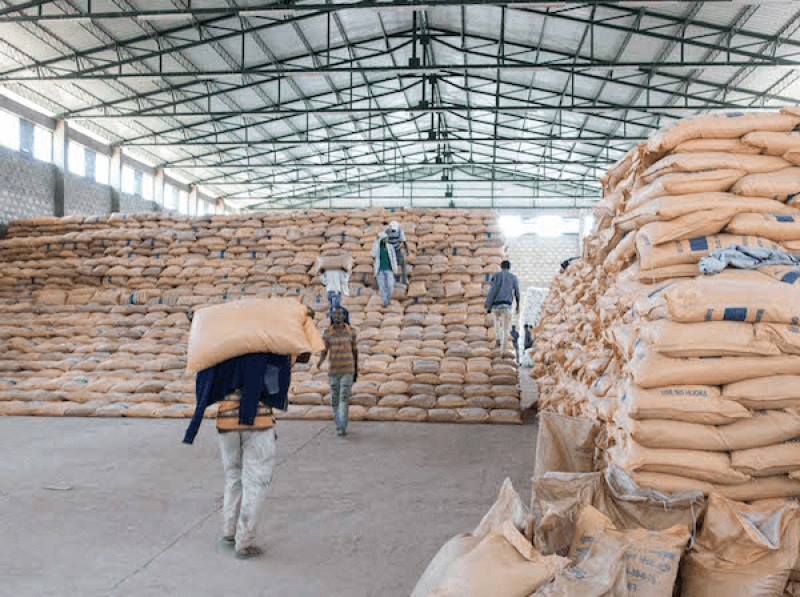Thousands of Belgian and Dutch farmers are being sacrificed on the altar of climate change. They are losing their livelihoods as their governments crack down on emissions of nitrogen oxide (from manure) and the use of ammonia in fertilization.
Peter Imanuelsen, a Swedish journalist, wrote on Twitter, “The [Dutch] government has decided to essentially seize 3000 farms in order to meet new climate goals. They did the same thing in the Soviet Union.”
Food prices rose 10% over the past year, and climate restrictions will only send prices higher. Egg prices were up 70%; breakfast sausage up 10%; breakfast cereal and bakery products up 15%; chicken up 10%; and lettuce up 17%.
When Russia cut off natural gas to Europe, sending the globe into near-recession conditions, the world learned the importance of energy security. Agricultural and food security are equally important.
The Rhodium Group is forecasting that agricultural emissions will make up 30% of U.S. total greenhouse gas emissions by 2050.
But fossil fuels are vital to fertilizers and pesticides, which improve crop production and reduce food prices.































